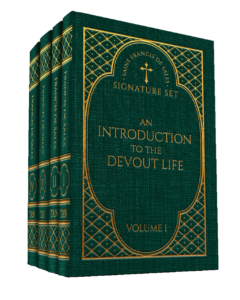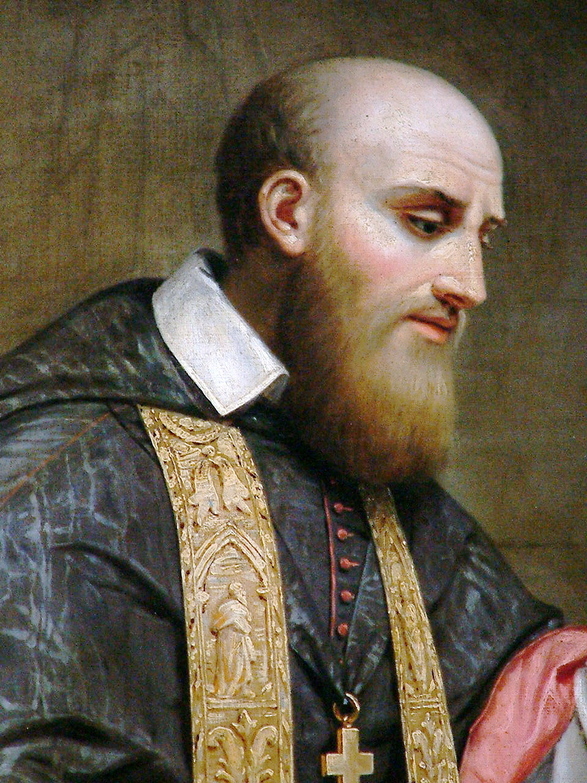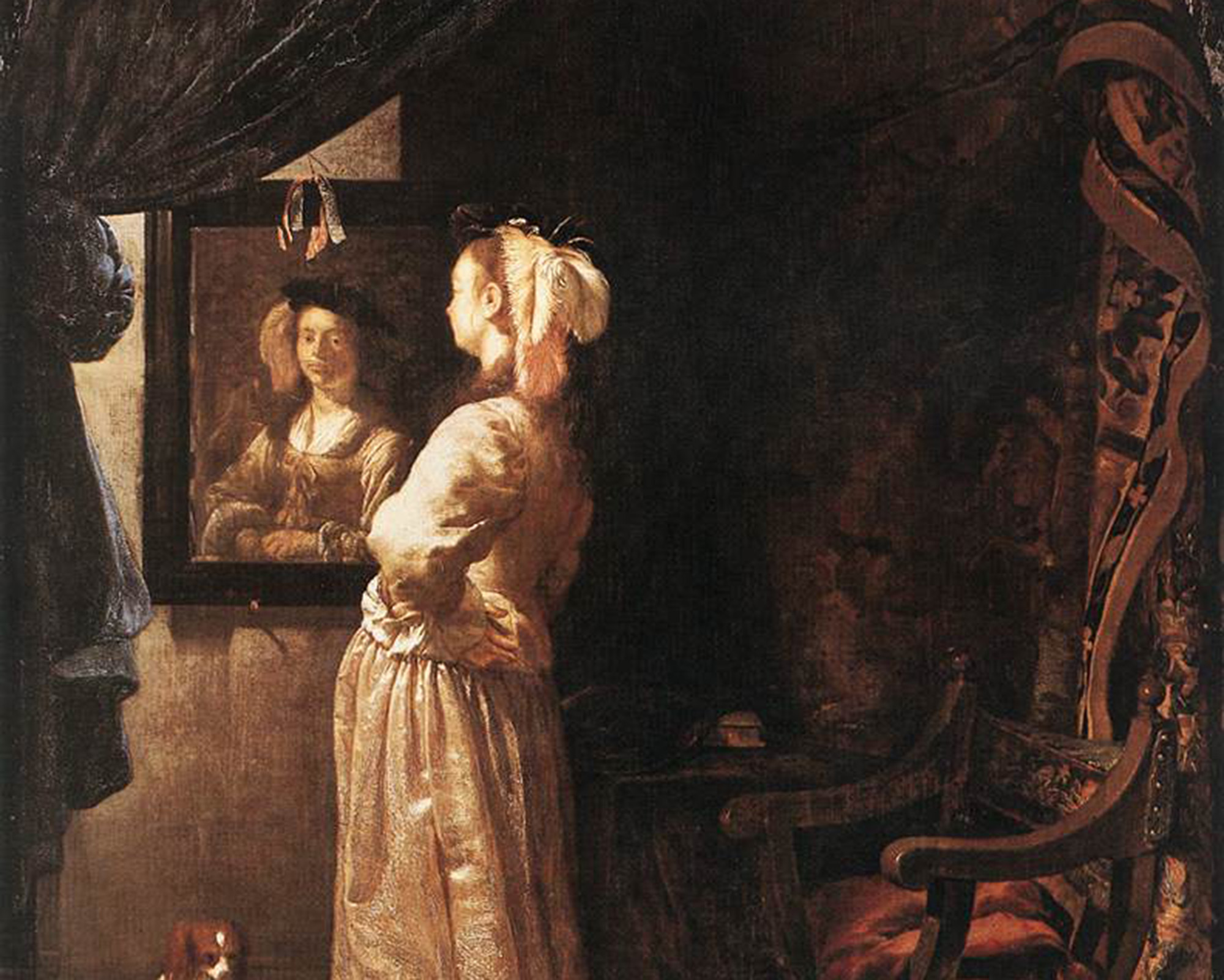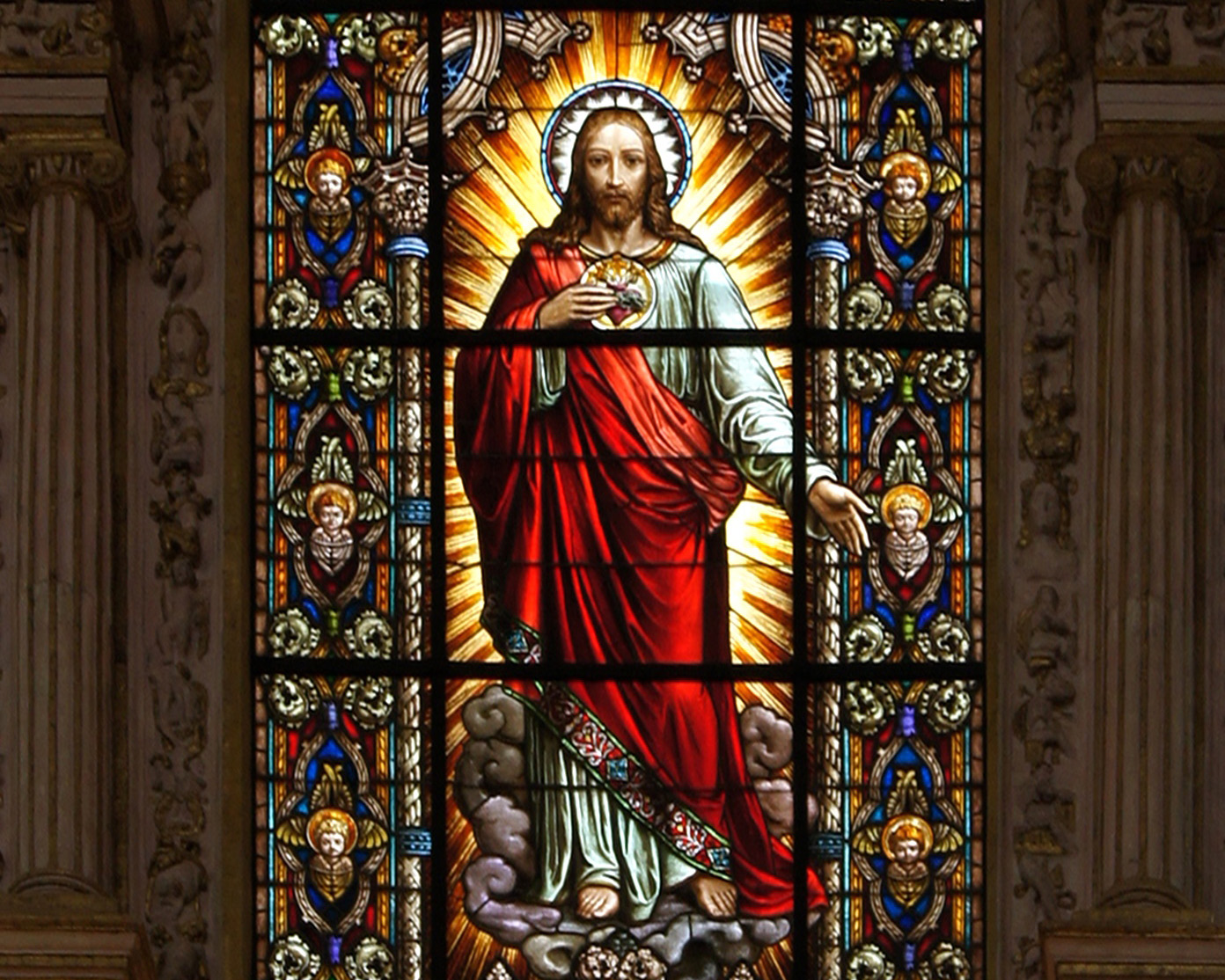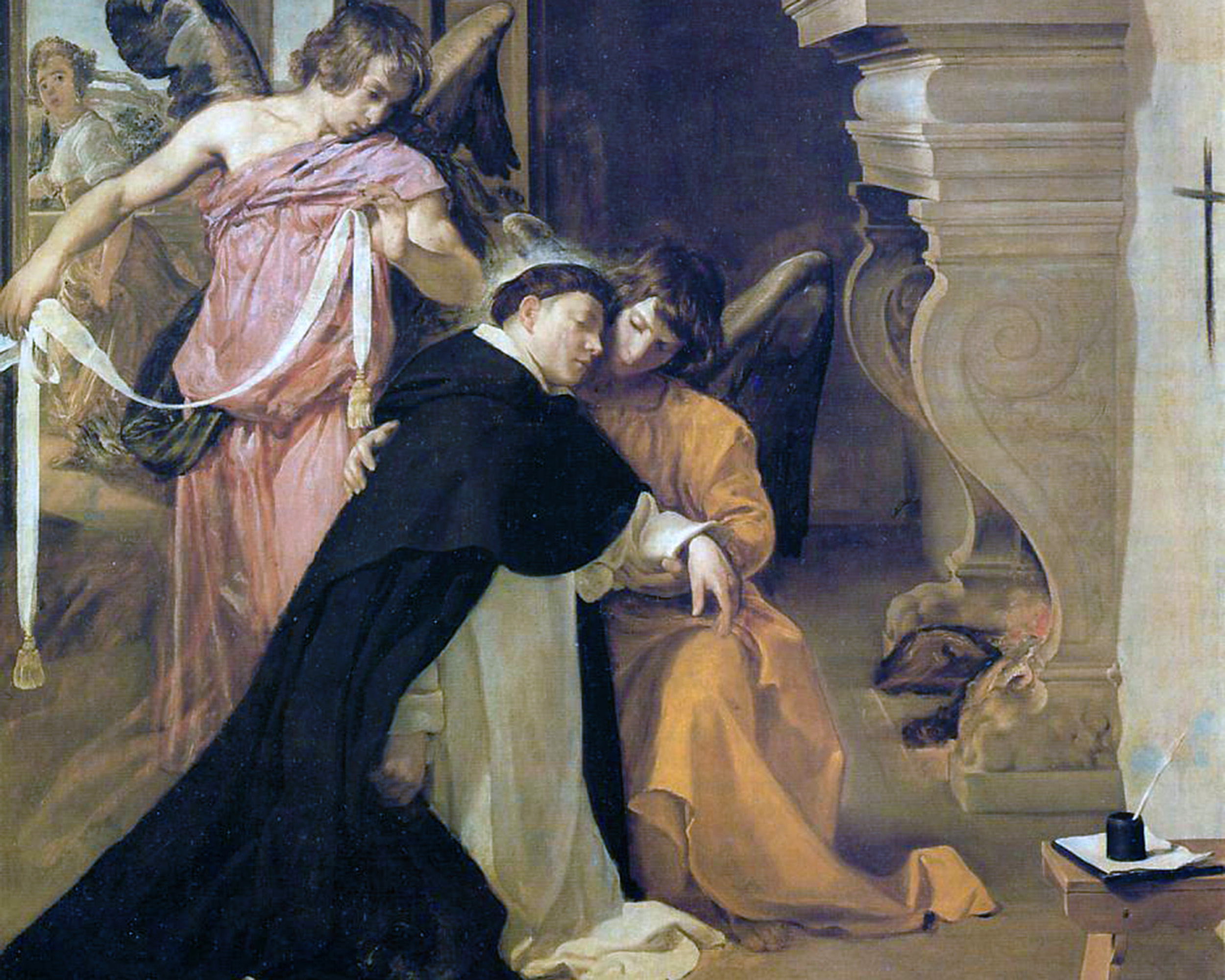Saint Francis de Sales spoke the following words in a Christmas Eve Sermon on December 24, 1613. The below sermon is presented in a shorter form.
HOLY Church usually prepares us for great solemnities with vigils to help us appreciate more the great benefits we have received from God in the events celebrated. In the primitive Church, the faithful Christians desired to render satisfaction to Our Lord in some way for the Blood He had shed for them in dying on the Cross. Therefore, they very carefully celebrated the time of feasts, solemnizing them to the best of their ability. Because of this desire, there was scarcely any feast without its vigil on which to prepare for the solemnity. This was done not only in the Church but also in the Old Law, where there were many preparations on the day before the Sabbath.
The Church wants us to prepare for the holy day of Christmas with a vigil. Not wanting us to be unprepared for so great a mystery, this loving Mother tells us: “You shall know today that Our Lord will come tomorrow,” that is, “He will be born tomorrow, and you will see Him as an Infant laid in a man-ger.” [Lk. 2:12]. These words are adapted from those used by Moses to alert the Israelites to the day that God had chosen to give them manna in the desert. He assembled them together and spoke thus to them: In the evening you will know that the Lord brought you out of the land of Egypt, and in the morning you will see the glory of the Lord. [Ex. 16:6–7]. It is as if he meant to say: “He will come tomorrow in the morning.” He spoke of the Lord’s “coming” in glory, although we all know that God does not “go” and “come” like one with a body. He is immutable, firm, solid and without any movement. Nevertheless, Moses spoke in this way to indicate how great a benefit the manna was, suggesting that God Himself had brought and distributed it to the Israelites. Because it was so great a gift, Moses had them carefully prepare themselves by reflecting on this great benefit in an effort to render themselves more worthy to receive it. In this same way the Church says to us: “You will know today that the Lord is coming tomorrow.” By this vigil she wants us to ponder deeply on the grandeur of the mystery of the most holy Nativity of Our Lord.
To do this better let us first humble our understanding, realizing that we are totally incapable of exhausting the great depth of this uniquely Christian mystery. It is uniquely Christian inasmuch as only Christianity has ever fathomed how God is man and man is God. Actually, humanity has always had a certain inclination toward believing in something like the possibility of the Incarnation; but only Christianity has, in Jesus, ever come to know how it could be. I believe that certain Old Testament prophets and some privileged others knew of it but the vast majority did not. Among the pagans this instinct for something like the Incarnation manifested itself in strange, often bizarre, ways. At least some of them believed that they could make themselves gods and be adored as such by others! For they thought that even if there were a Supreme God who is the first principle of all things, there could nevertheless be many lesser gods, or that at least some men who shared in some way in divine qualities could be called gods. When Alexander the Great was near death, his mad, flattering and foolish courtiers asked him, “Sire, when do you want us to make you a god?” In his reply Alexander demonstrated clearly that he was not as foolish as they: “You are to make me a god when you are blessed.” By this reply he meant: “It is not possible for unhappy, perishable and mortal men to make gods, who by definition are happy and immortal.”
Christians have been more enlightened and have had the honor of knowing of the Incarnation, that man is God and God is man, although even they are incapable of completely penetrating its mystery.
This article is taken from a chapter in The St. Francis de Sales Signature Set by St. Francis de Sales which is available from TAN Books.
